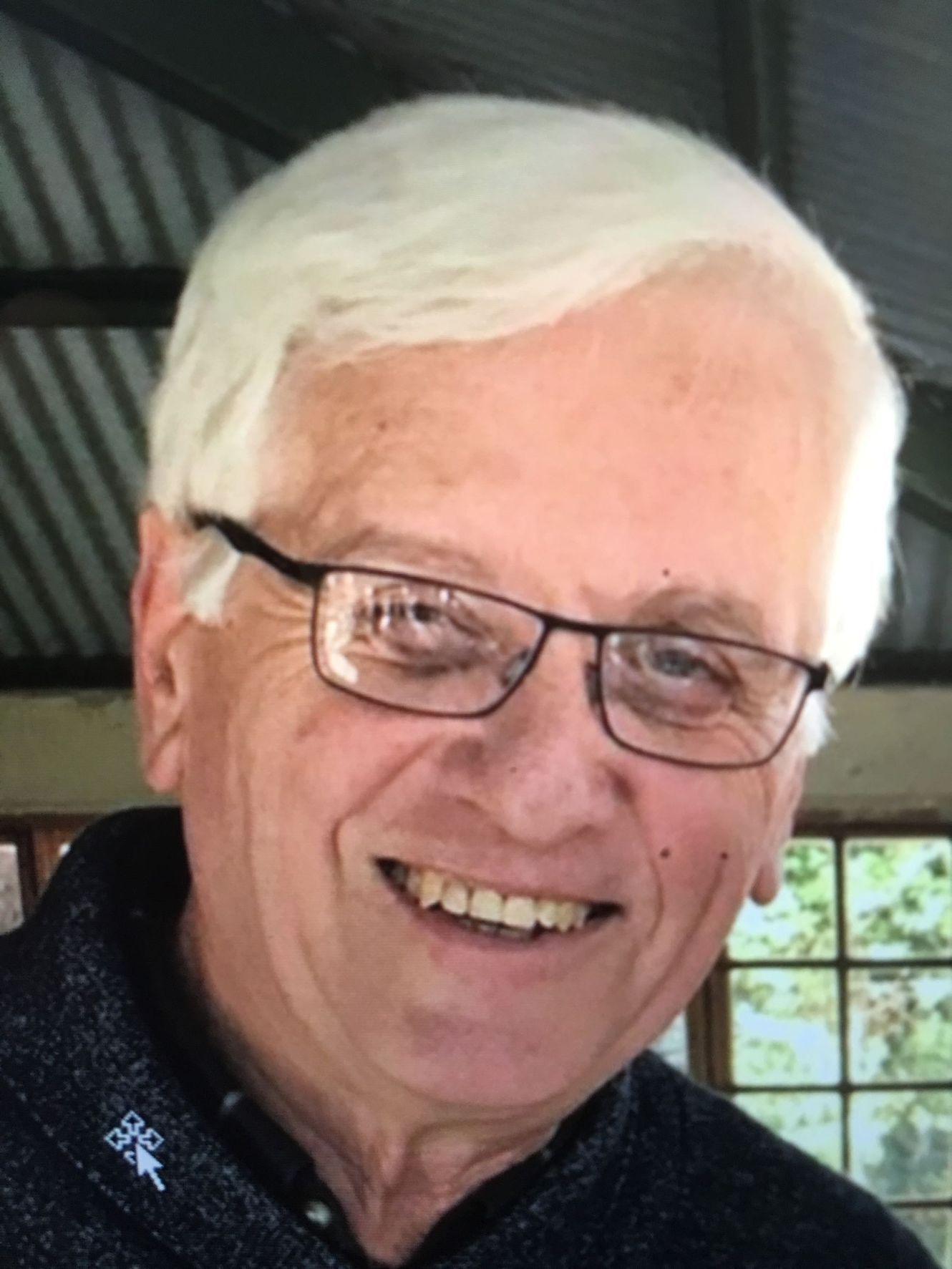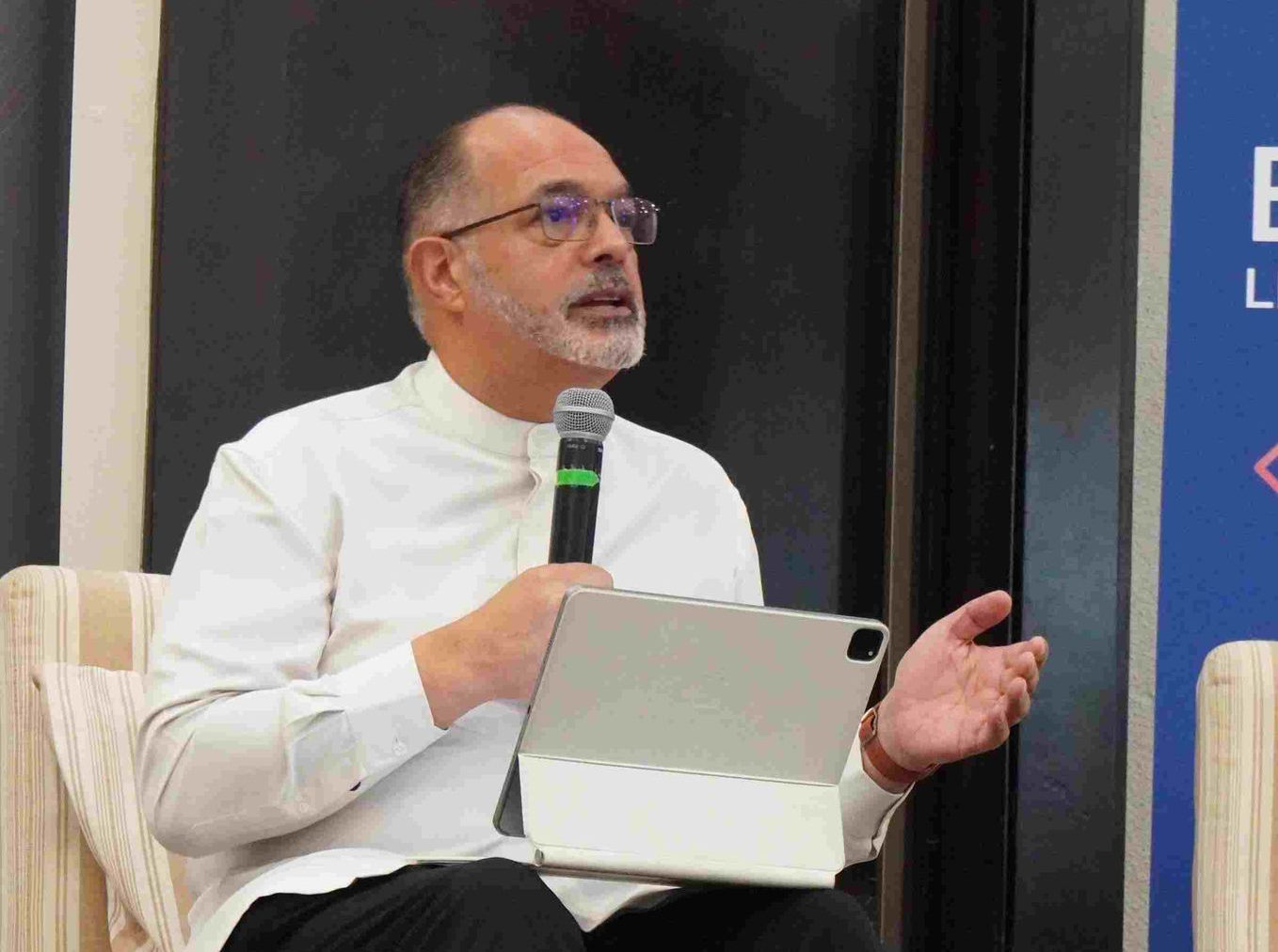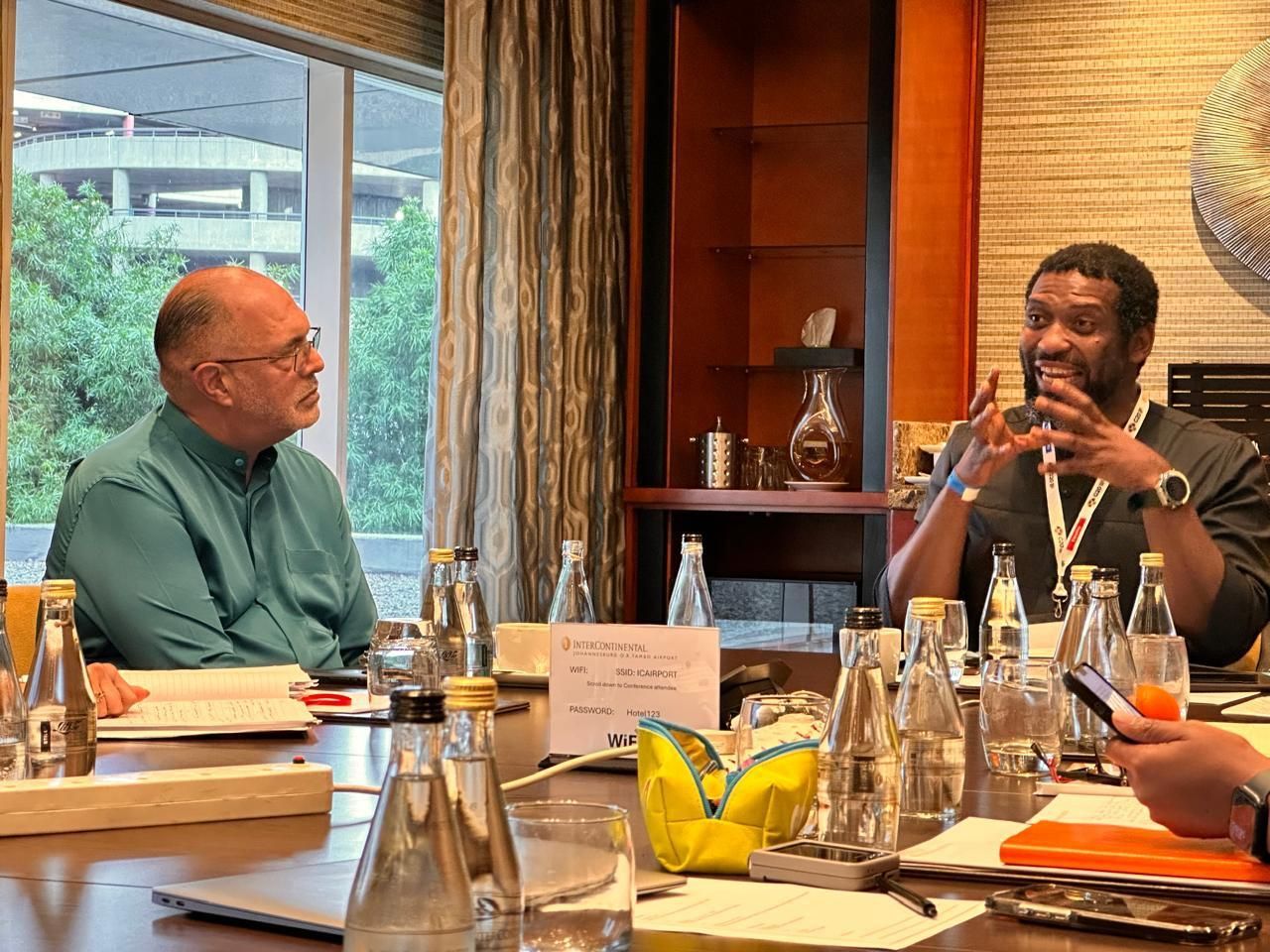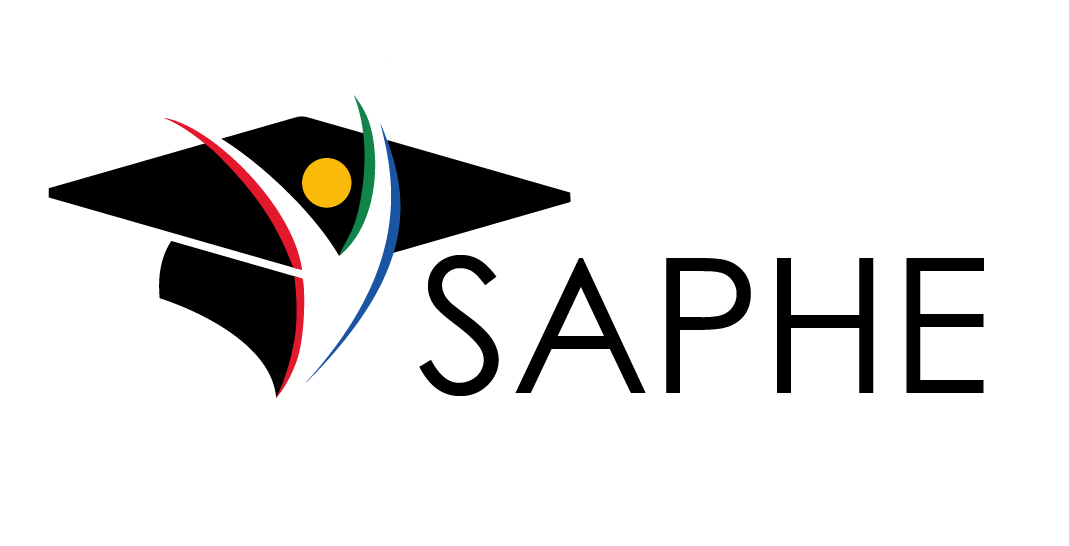Leading private education into tomorrow
Meet SAPHE Chairperson Dr Jannie Zaaiman

Dr Jannie Zaaiman, chairperson of the South African Private Higher Education (SAPHE), is a distinguished leader with extensive experience in both industry and higher education. Throughout his career he has made significant contributions to the development and growth of the private higher education sector. His unwavering passion for positioning private higher education as a catalyst for positive change continues to drive his efforts at SAPHE.
Advocating for Private Higher Education
SAPHE, a voluntary association of reputable private higher education providers, plays a crucial role in promoting the interests of private higher education in South Africa. Dr Zaaiman explains that SAPHE was established in 2011 to address the common needs and interests of private higher education institutions (PHEIs). By providing a strong and coordinated voice, SAPHE represents the specific position of private higher education providers concerning legislation, regulation, compliance requirements, and operating conditions. This function carries great weight and importance within the South African and African context.
The relevance and valuable contributions of PHEIs in the educational sphere are evident when one reviews the student enrolments between 2010 and 2021. PHEIs student enrolment more than doubled over the twelve-year period with an increase of 156.6% or 142 148 student enrolments.
“Private higher education is the fastest growing segment in higher education systems globally, and is emerging in Sub-Saharan Africa as a major player in equalising the playing field, offering greater and more diverse access to students over a large front,” he explains. “Of particular value is the small class sizes, individual niche nature of many of the qualifications on offer.”
Private providers and public institutions should not work in opposition to each other, he adds, but should instead work towards the common goal of resourcing South Africa with relevant and sustainable skills. ”We are working to foster a more collaborative approach between higher education providers, despite the fact that we may tap into different market segments,” he says. “By combining our resources - intellectual, research and even funding - we as a sector can achieve more and serve our communities and our society better.”
Responsive to a changing world
Education doesn’t exist in a vacuum; it must respond to a particular need. It is no secret that the world of work is changing; it stands to reason that the educational landscape must also evolve to ensure that graduates are equipped with current, relevant and future-focused skills to fully participate in this new world. Stagnation is not an option, he says: “Unlike public higher education institutions that rely on government subsidies, our PHEIs rely on the market perception of their value to attract fee-paying students who want to be not just competent, but competitive in their respective fields.”
He says for PHEI to remain viable, they must be more responsive to the current needs of their students and industries at large: “Private higher education is often more agile and responsive to service these new, growing or changing needs, and by virtue of being private, also more entrepreneurial and responsive to current market relevance. Our PHEIs are also uniquely positioned to identify gaps quickly and adapt their offerings to the requirements of the workplace of the future, unhindered by the cumbersome bureaucracy of the mega public institutions.”
For this reason, SAPHE and its member institutions maintain close relationships with industry and various professional bodies through internships, certifications, consultation, masterclasses and project support to identify trends and operationalise such trends in the curriculum.
Technology as an enabler
Dr Zaaiman believes one of the most prominent current needs in post-school education and graduate work readiness is in managing the changes effected by the 4th Industrial Revolution and the accelerating rate of change in the technological landscape. “These aspects impact organisations, work and the organisation of work, and influence who undertakes work and how they do so,” he explains. “Automation and digitisation have had a major impact on some sectors, with banking being an example of how online capabilities are increasingly overtaking the work done at traditional branches.”
Technology remains a disruptor and an enabler, and technological competency remains a critical skill that must be developed in both teaching and learning for workplace readiness and future success. “In this context, continued skills and knowledge development is something that our member organisations regard as very important,” he says.
He says the workforce of tomorrow must be prepared to deal with the intended and unintended consequences of automation and mechanisation, including the impact on human resources. “That means we also need to instil skills like resilience, innovation, sustainability, and client engagement in our curriculum,” he says. “Many PHEIs are investing in these through skills acquisition, research or aligning their course offerings accordingly.”
SAPHE member organisations strive to address perplexing industry and societal problems through sound theoretical knowledge coupled with practical skills while embracing new methodologies. “Our institutions embrace and leverage the promise of new technologies; they are forward-thinking and future-focused.”
A legacy of excellence
Dr Zaaiman is currently the Chief Executive for Education and Academic Collaboration at Belgium Campus ITversity, a position he has held since November 2016. In his role, he is responsible for managing the bursary funding for students, building the brand of the institution, and developing relationships with various organisations, including industry, DHET, CHE, SAQA, and QCTO.
Before joining Belgium Campus ITversity, Dr Zaaiman worked at the University of Venda, where he held various positions from 2009 to October 2016. He was appointed as the Deputy Vice-Chancellor for Operations and made a significant contribution in the turnaround of the institution.
Dr Zaaiman's contributions to ICT education began at the Tshwane University of Technology, where he was the Executive Dean of the Faculty of Information and Communication Technology since its inception in 2003. During his tenure, he established the Faculty, drafted the ICT Faculty blueprint for the period 2005 to 2009, and obtained a 5-year accreditation for N Dip Computer Systems Engineering in 2005.
Before his academic career he had successful careers at Sasol during the establishment of Sasol Two and Sasol Three and Telkom during its privatisation and the establishment of Vodacom.
A champion for higher education
Dr Zaaiman’s effective, progressive, transformative, and visionary leadership has established him as a steward of industry and a champion for higher education in South Africa and elsewhere on the continent. His proven track record and stellar accomplishments in managing academic institutions, establishing networks, building relationships, and developing innovative programmes that meet South Africa’s educational needs in a global context will undeniably further SAPHE’s organisational values, operational goals and industry standing.



